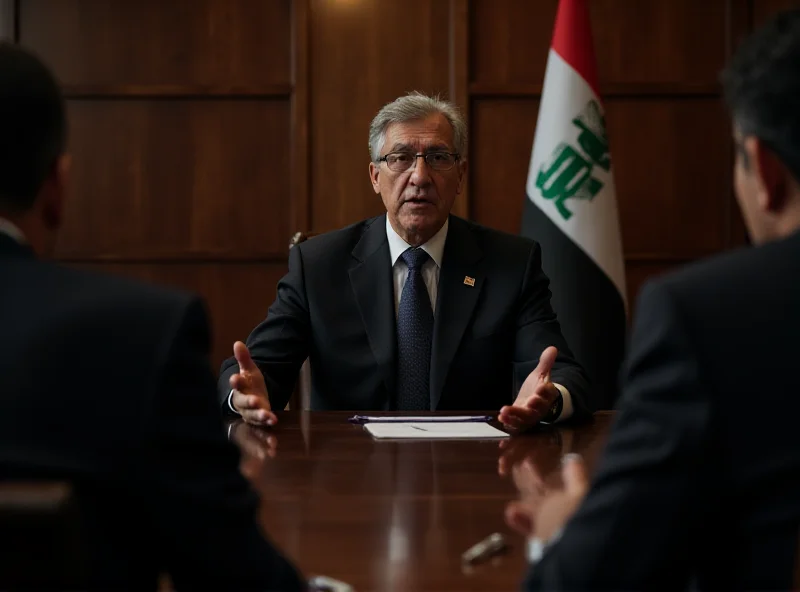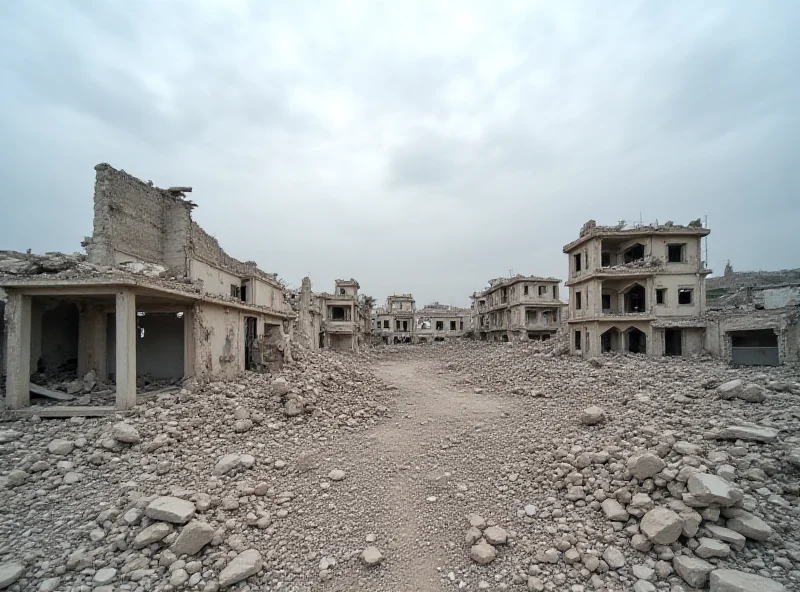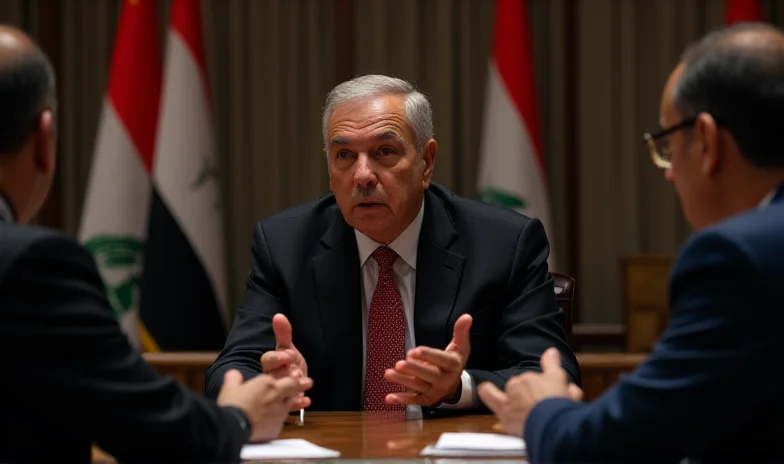The situation in Gaza remains a focal point of international diplomacy and security concerns. Egypt is actively working to maintain stability, while Israel is addressing security vulnerabilities. Here's a breakdown of the latest developments:
Egypt's Diplomatic Efforts in Gaza
Egypt's diplomacy chief is urging both Israel and Hamas to fully comply with the existing ceasefire agreement in the Gaza Strip. With the fragile truce holding, Egypt is proposing a two-week extension to the initial phase of the ceasefire. The goal is to solidify the agreement and promote lasting stability in the region. This extension would allow further negotiations and ensure all parties adhere to the established terms.

The Egyptian initiative underscores the country's commitment to de-escalating tensions and fostering a peaceful resolution to the ongoing conflict. The two-week extension aims to provide a window for further dialogue and confidence-building measures between Israel and Hamas.
IDF Responds to Hamas Intelligence Gathering
In response to a disturbing discovery, the Israeli Defense Forces (IDF) are implementing stricter social media regulations. An investigation revealed that Hamas exploited soldiers' social media posts to gather intelligence prior to the October 7 attack on the Nahal Oz base. This breach of security has prompted significant changes in IDF protocol.
The new measures include a ban on photography within military facilities and prohibitions on social media use in sensitive positions. These restrictions are designed to prevent future intelligence leaks and protect the safety of Israeli soldiers. "We must adapt to the evolving threats in the digital age," stated an IDF spokesperson. "Our soldiers' safety is paramount."

Arab Leaders Support Palestinian Authority in Gaza
Amidst the ongoing efforts to secure a lasting peace, Arab leaders have endorsed a plan to rebuild Gaza under the authority of the Palestinian Authority. This proposal aims to remove Hamas' control and presents an alternative to what some perceive as a takeover and displacement strategy associated with Donald Trump. The plan reflects a broader regional consensus on the need for a stable and unified Gaza under legitimate governance.
The endorsement of the Palestinian Authority as the governing body for Gaza's reconstruction signals a potential shift in the political landscape. It also highlights the international community's desire for a peaceful and sustainable solution to the long-standing conflict.

The situation remains complex and fluid. The success of the ceasefire extension, the effectiveness of the IDF's new social media rules, and the implementation of the Palestinian Authority's rebuilding plan will all be crucial in shaping the future of Gaza and the broader region.
